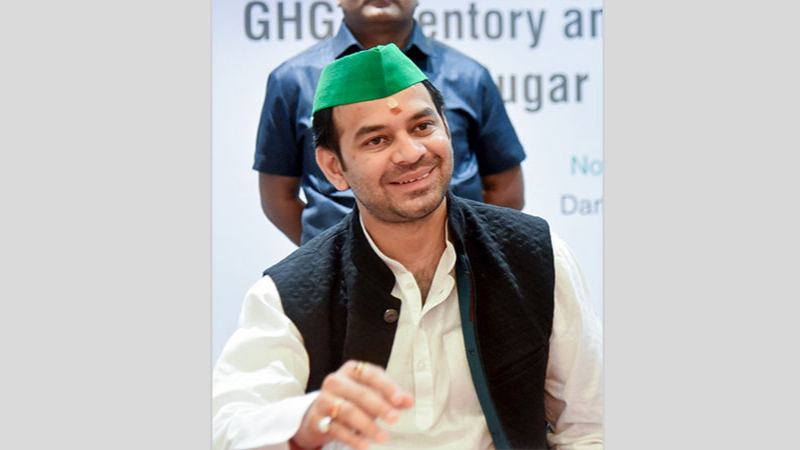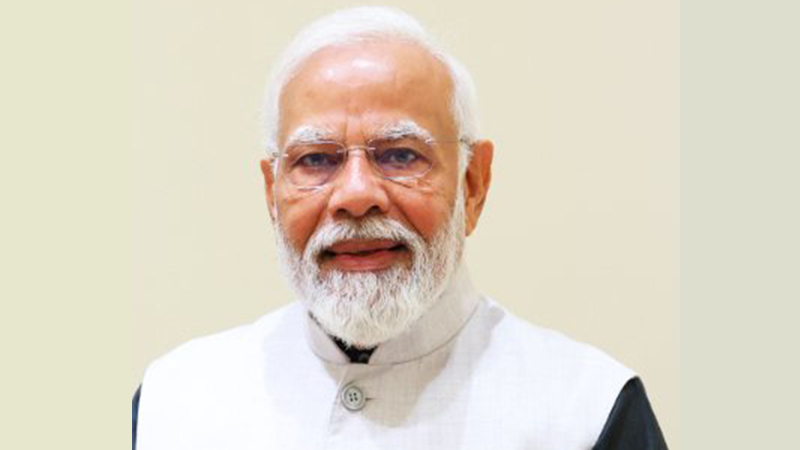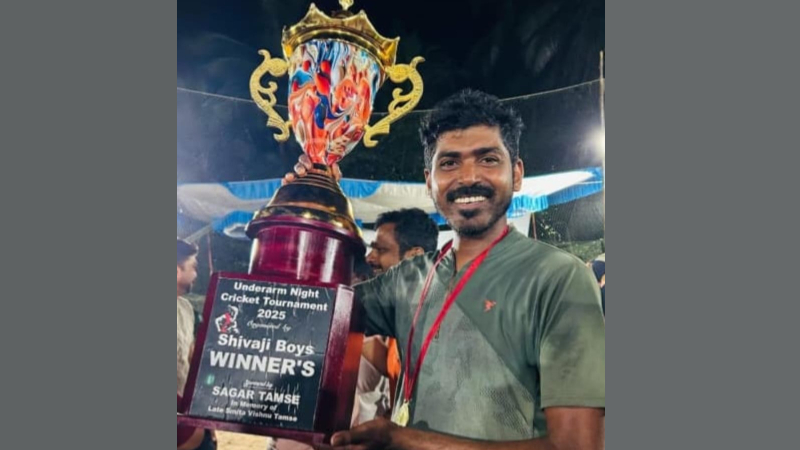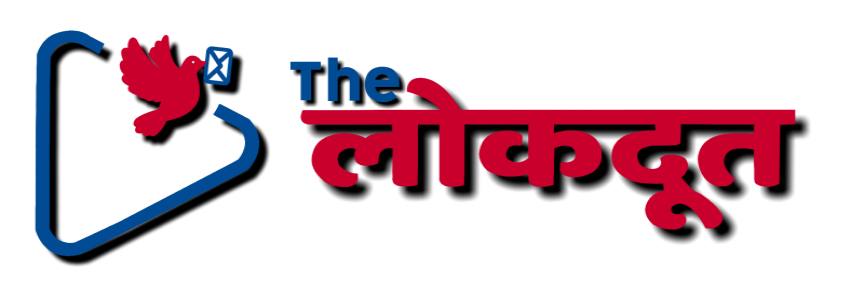How JEE Aspirants Can Balance Board Exams and Competitive Exam Prep
Balancing JEE and board exams is challenging, but with strategic planning, time management, and smart study techniques, it’s achievable. Expert Vinay Singh shares practical tips for students to excel in both.

How JEE Aspirants Can Balance Board Exams and Competitive Exam Prep
Author - Mr. Vinay Singh, Executive Director & CEO, Thomson Digital and Q&I
Preparing for both the Joint Entrance Examination (JEE) and board exams is like walking a tightrope. It’s a challenge that demands not just intelligence but also smart time management, strategic planning, and a calm mindset. Every year, lakhs of students face this dilemma: How do you give your best in board exams while keeping your JEE preparation on track? The good news is—it’s absolutely possible with the right approach. Here’s how:
1. Understand the Overlap to Reduce Burden
One of the biggest advantages for JEE aspirants is that 70-80% of the JEE syllabus overlaps with board exams. This means you don’t need to study separately for both—you just need to approach the same concepts differently.
• For Board Exams: Focus on theory, derivations, and step-wise answer writing as required by the board pattern.
• For JEE: Prioritise problem-solving, speed, and conceptual clarity.
• NCERT is Your Best Friend – At least 60-70% of JEE Main questions are based on NCERT concepts. So, mastering NCERT textbooks helps in both exams.
Pro Tip: After studying a topic from NCERT, immediately solve related MCQs for JEE and subjective questions for boards. This will reinforce learning and make the transition between exams smoother.
2. Create a Balanced Study Plan
A well-structured daily and weekly timetable is essential to manage both exams effectively.
Here’s a Sample Study Plan:
• Weekdays:
◦ Morning: Revise board subjects (1.5–2 hours)
◦ Afternoon: JEE-specific problem-solving (2–3 hours)
◦ Evening: Alternate between board writing practice & JEE mock tests (2–3 hours)
• Weekends:
◦ Focus on full-length board sample papers
◦ Take at least one JEE mock test
◦ Revise weak areas from both syllabi
Final 1-2 Months Before Boards: Shift focus to subjective answer writing and board-specific topics, while maintaining 1-2 hours of JEE practice daily.
Pro Tip: Use sticky notes, flashcards, and mind maps to keep important formulas and concepts at your fingertips.
3. Prioritise High-Weightage Topics
Some topics carry higher weight in both JEE and board exams. These should be your top priority.
• Physics: Mechanics, Electrostatics, Thermodynamics, Modern Physics
• Chemistry: Chemical Bonding, Coordination Compounds, Organic Chemistry (Named Reactions)
• Mathematics: Calculus (Definite Integrals, Differential Equations), Algebra, Coordinate Geometry
Fact Check:
• In JEE, Mechanics covers 25-30% of Physics questions, while Organic Chemistry forms 30-35% of Chemistry questions.
• In board exams, long-answer theory-based questions in these topics can fetch full marks if written well.
4. Master Time Management Techniques
• For JEE: Learn shortcut methods, solve problems with time limits, and use the elimination method in MCQs.
• For Board Exams: Write structured answers, underline key points, and practice solving full-length papers to improve writing speed.
Pro Tip: Use the Pomodoro technique (25 minutes study, 5 minutes break) to stay productive without burnout.
5. Practice Smartly – Don’t Just Study, Test Yourself!
• Solve previous 10 years’ board exam papers to understand exam patterns.
• Take weekly JEE mock tests under timed conditions.
• Use a mistake notebook – Write down errors and review them daily.
• Record yourself explaining concepts – If you can teach it, you’ve mastered it.
6. Maintain a Healthy Mind & Body
With exams approaching, stress is natural. However, your health should not take a backseat.
• Get at least 6-7 hours of sleep to keep your brain sharp.
• Eat brain-boosting foods like walnuts, almonds, and dark chocolate.
• Take short breaks with light stretching or a quick walk to refresh your mind.
• Stay away from social media distractions during study hours.
Final Thoughts – Stay Confident & Trust Your Preparation
Balancing JEE and board exams is challenging but completely achievable with the right mindset. Stay consistent, avoid distractions, and don’t compare yourself to others. Each student’s journey is different, and success comes to those who remain persistent and positive.
With smart planning, efficient time management, and self-belief, you can excel in both exams and secure a bright future!
Good luck, aspirants!







































